Specialist police teams step up action on domestic violence offenders and victims
SPECIALIST domestic violence squads have knocked on the doors of more than 2500 known abusers — and their victims — over the past month, as police ramp up operations across NSW to scrub out the scourge of abuse.
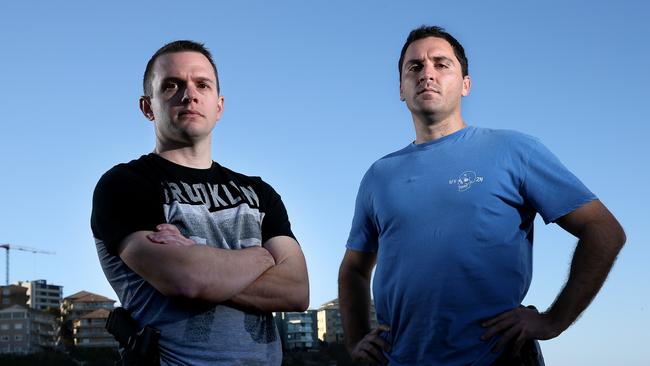
NSW
Don't miss out on the headlines from NSW. Followed categories will be added to My News.
SPECIALIST domestic violence squads have knocked on the doors of more than 2500 known abusers — and their victims — over the past month, as police ramp up operations across NSW to scrub out the scourge of abuse.
The Saturday Telegraph can exclusively reveal the staggering figure, as well as the fact police have reviewed nearly all apprehended domestic violence orders (ADVOs) in the state to identify people considered high-risk offenders, who are then targeted by police.
The domestic violence unit checks ADVO compliance, reminds offenders they are being watched and in some cases uncovers unreported cases of family violence.
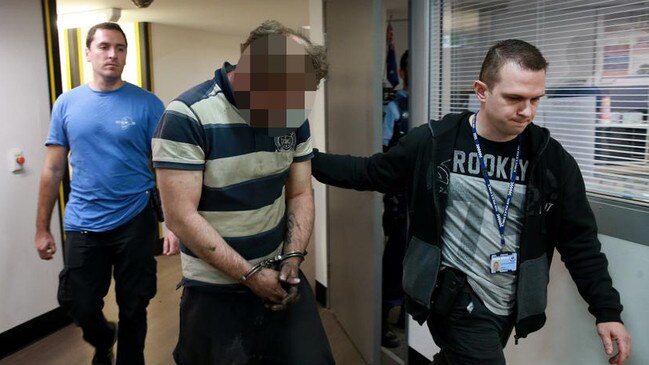
High-ranking officers say the murder of Sydney teenagers Jack and Jennifer Edwards by their father John — before he turned his gun on himself — highlights the need for specialised domestic violence measures.
At the same time, police are quick to point out Edwards had no outstanding ADVOs or court matters that would have raised any red flags to police.
Commissioner Mick Fuller said domestic and family violence has been a core focus for his officers.
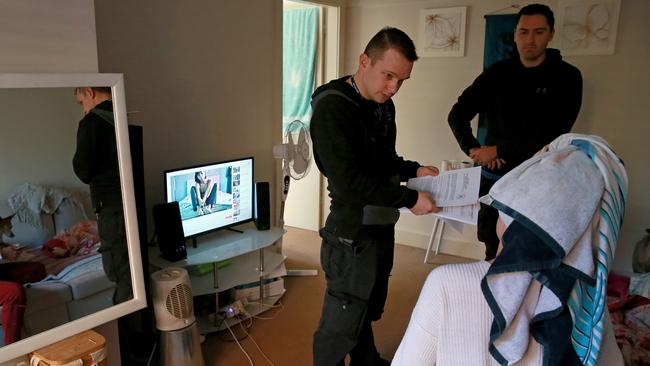
“Perpetrator accountability has been central to reducing domestic and family violence rates in NSW for the first time in decades,” Mr Fuller said.
Assistant Commissioner Mark Jones said the teams were working hard to help those most at risk.
“By looking at the apprehended domestic violence orders we are able to best see where we should focus our resources and make sure we are able to help the people most at threat,” Mr Jones said.
“On occasions we find that things have been resolved and there is no need for further action.”
Local police often will also use the specialist domestic violence teams.
The teams are based in five locations across the state, when they believe there is a danger to individuals or someone is a repeat offender.
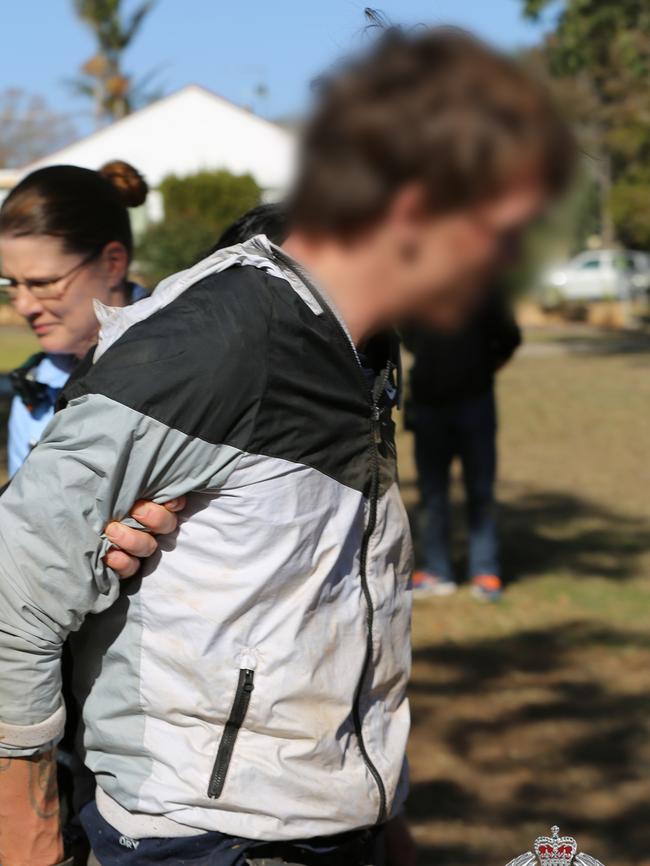
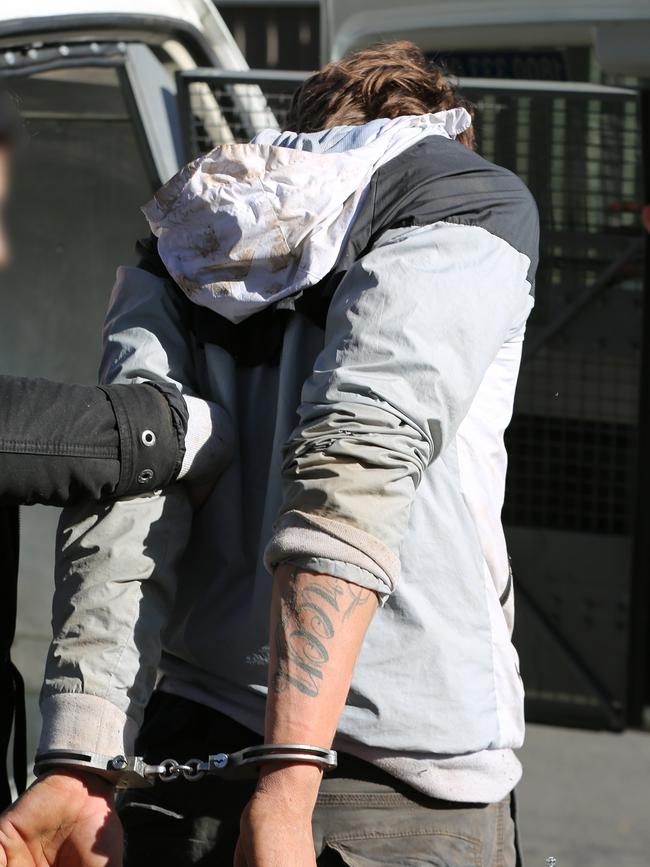
Officers are also trained to identify vulnerable people who may not be willing to come forward.
In one case local police told the unit they had gone to an address in the Hawkesbury region on an unrelated matter and had suspicions the woman and children were being abused.
The specialist officers established that the woman had been subjected to severe abuse for more than 15 years and organised a rescue mission where they removed her and her children and set her up in new location.
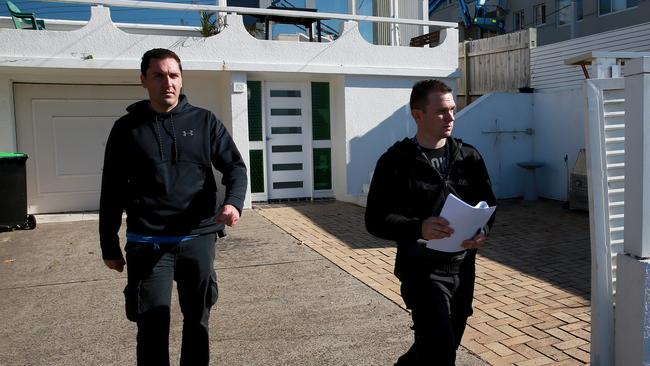
“We want to stop any form of violence or threats before it happens, not be there afterwards,” Mr Jones said.
The Telegraph spent a day with one of the domestic violence squads, which covers the northwest metropolitan region of Sydney.
The officers are passionate about their work and know that by reminding someone they are subject to a court order it can head off reoffending.
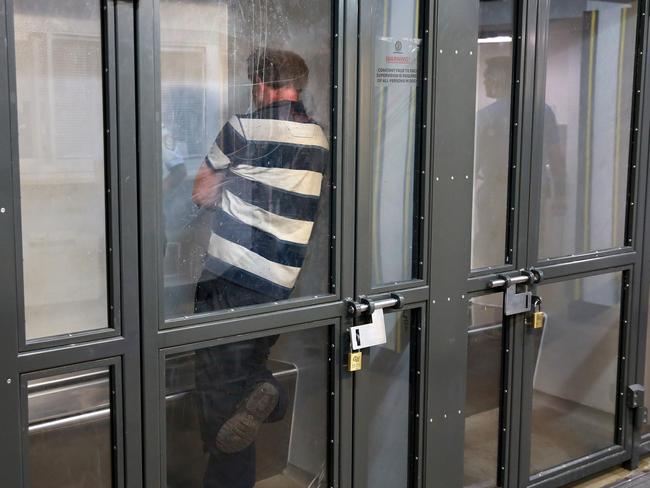
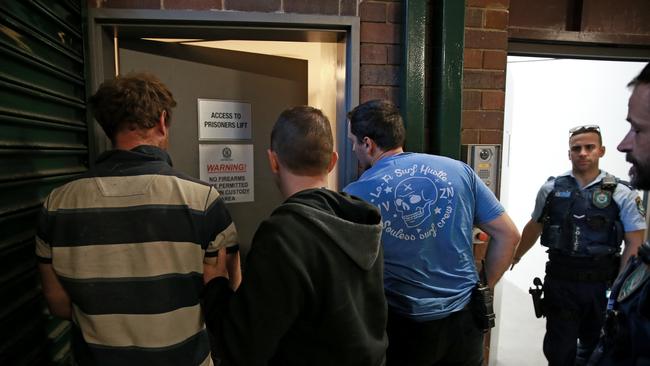
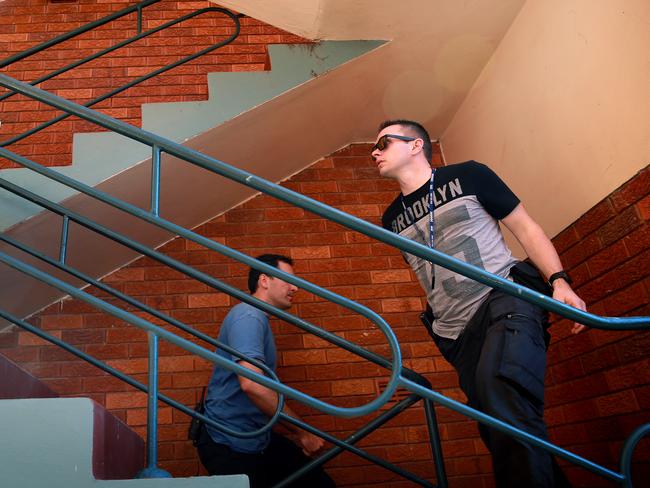
Much of the work is simply knocking on doors of people who are subject to ADVOs and making sure they are conforming to the court orders.
The cases vary from simple arguments to full-blown cases of serious abuse.
Police carry out covert operations and surveillance on known individuals who they believe are high-risk offenders and a danger to others.
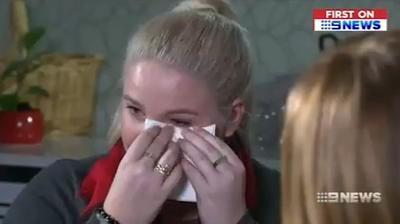
The northwest Sydney squad covers a diverse area that has recorded some of the highest incidences of domestic abuse in the state.
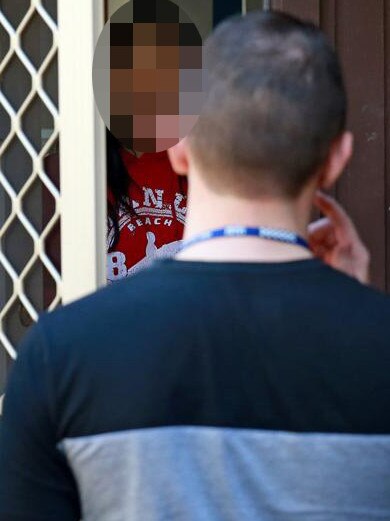
“One day the teams will be out in areas knocking on the doors of housing commission units and the next day they will be knocking on the door of a mansion with ocean views,” Mr Jones said.
Ritzy areas such as Mosman have high numbers of offenders equal to those of much poorer suburbs.
The teams work around the clock doing welfare checks on victims and enforcing domestic violence orders on offenders day and night.
One recent case identified a 15-year-old boy who threatened his carer and was known to have killed pets.
“When we get intelligence on cases such as this we prioritise them and take whatever action we believe is necessary to remove any threat of harm,” Mr Jones said.
